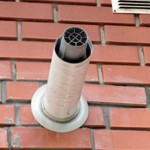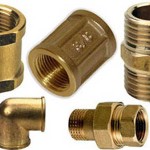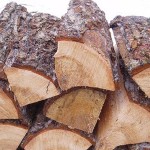Noisy Gas Boilers: What Factors Lead to Noise Occurrence?
Usually there are many problems that occur with gas boilers during their lifetime. The occurrence of problems doesn’t depend on the model’s brand. Besides, some problems are rather minor, while others require a lot of expenses, especially when there are several primer components that fail simultaneously.
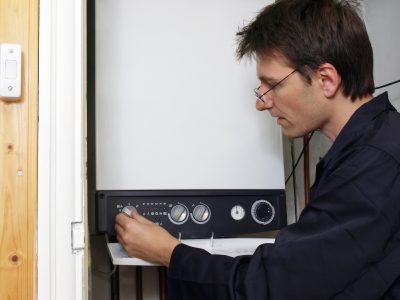
One of the commonest troubles is a noisy gas boiler. Very often the central heating system emits strange noises like whistling, gurgling or banging. There are many things and factors that can be attributes to the problem like this one.
Reasons of Noise
There are several major factors that normally contribute to the noisy gas boilers occurrence. They include:
- deposits
- flow rate settings
- gas burner pressure
- system design
- thermostat
- casting faults
When the model is noisy either all the time or at intervals, this normally means that the heat exchanger or fan is on the way out. The fan ensures the proper cooling for the boiler and also helps to eliminate the products of combustion which are produced within it. The heat exchanger is responsible for heating the water.
So, why does the fan develop faults?
- Age is the primer reason.
- The fan is located at a high point and the heat that is inside the boiler dries up its bearings or shorts out the cable that connects the fan to the boiler’s PCB board.
Quite often deposits become the crucial factor. The heat exchanger’s insulation also often leads to the noise appearance. Deposits are among the primer insulators. This case is frequent for hard water areas, so the layer of scale increases heat transfer temperatures and leads to kettling.
When the thermostat of the boiler isn’t operating in the right way, it must be replaced in order to ensure there is no room for overheating. Being fitted on every radiator, thermostatic radiator valves make the boiler to cycle rapidly, which leads to overheat and noise.
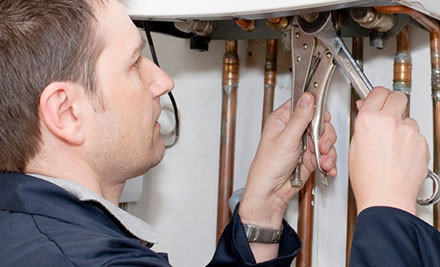
Very often maladjusted highly rated boilers are fitted to comparatively small systems. This makes them cycle rapidly, making the heat exchanger unable to dissipate the heat. This often leads to the occurrence of a localized boiling, which always increases the noise of the boiler.
Faults in the casting also provoke a non-uniform heat transfer that results in localized overheating and noise. Besides, an incorrect flow rate restricts the heat dissipation, leading to boiling and kettling.
As you see, the factors that may lead to noisy gas boilers are numerous. In most cases the parts that have been damaged cannot be fixed or repaired and require replacement. In rare cases there is the need to purchase a new boiler, if the previous one is over 12 years old.
In any case, when there is an abnormal noise that accompanies the work of your boiler, don’t try to fix the problem on your own. There are special services ready to take responsibility for repairing works. Entrusting your boiler to professionals you can prevent the further occurrence of problems.
- popular
- new


